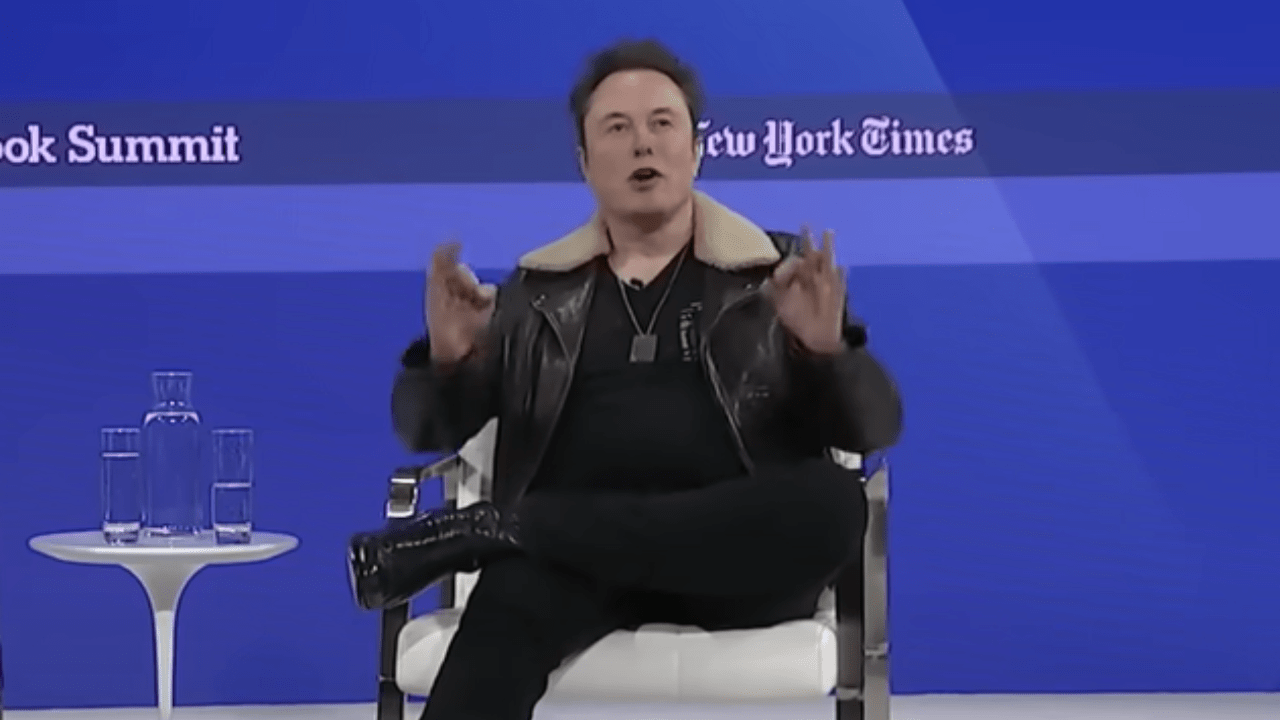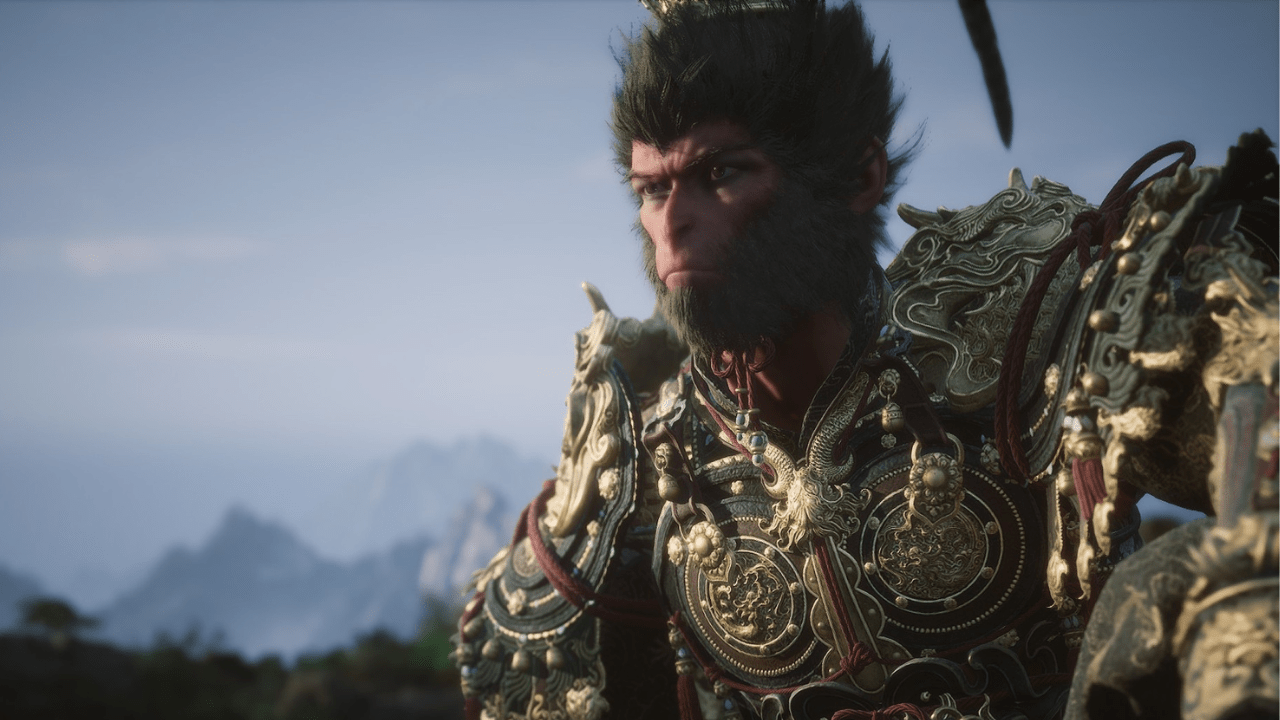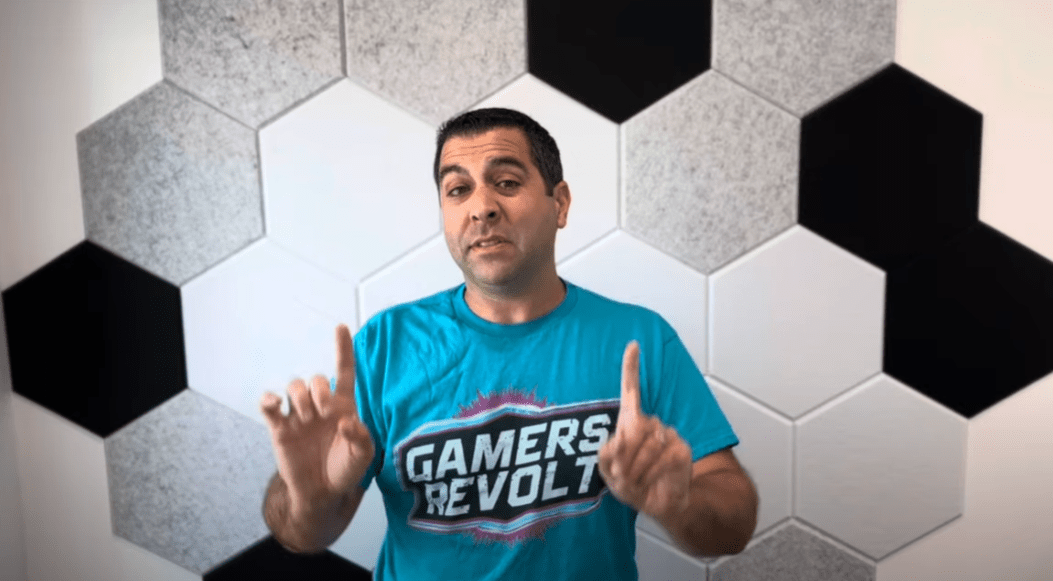
Elon Musk, yet again, stirred up discussions among video game journalists through a solitary post on X platform, effectively encapsulating long-held beliefs among gamers concerning the nature of game journalism.
Video game”journalism” is garbage
— Elon Musk (@elonmusk) February 9, 2025
“Video game ‘journalism’ is garbage,” he said simply.
The brief comment sparked a frenzy among the regular gaming journalists, with some even attempting to minimize Elon Musk’s critique as reported by Kotaku’s Ethan Gach.
He stated, with a hint of superiority, that the sentiment behind the recent conservative movement seems to be as simple and immature as a child complaining, “They broke my toys.
I know the Kotaku guy ain’t talking rn 🤣
— Ace0️⃣ (@Type_Agito) February 9, 2025
It wasn’t surprising at all that gamers didn’t take kindly to Gach. I, along with many others, found myself criticizing him harshly, highlighting the apparent inconsistency among game journalists. They often profess their love for the gaming industry, but their frequent derision towards its audience seemed hypocritical to us.
Previously employed senior editor at Kotaku, Alyssa Mercante, added her two cents with a sarcastic “Oh, someone’s upset!”, demonstrating yet another instance where several members of the gaming journalism field choose to mock criticism instead of addressing it constructively.
To put it straight, Musk’s perspective seems valid, and the criticism from what appear to be journalists merely supports his argument.
The Long Decline of Gaming Journalism
In the past, video game journalism wasn’t as problematic as it is now. Back then, these media outlets mainly concentrated on evaluating games, offering guidance, and sharing updates about the industry without politicizing every single headline.
Then came Gamergate.
2014 saw the emergence of a movement advocating for integrity in video game journalism, which was swiftly redefined by mainstream media as a “harassment crusade.” Instead of acknowledging the potential issues within their own sector, journalists banded together to criticize gamers, while overlooking systemic corruption. Any voices that disagreed were suppressed, and those who questioned the close ties between game developers and journalistic outlets were branded as intolerant.
Moving on to the present day, the corruption has grown even more profound. Many of the journalists who tarnished Gamergate’s reputation continue to work within the industry, and their objectives remain unaltered. They still prefer advocacy over journalism, propagating ideological viewpoints while ridiculing and disregarding their readership.
Gamergate 2: The Gaming Press Melts Down Again
The gaming sector has come under fresh examination following the emergence of Gamergate 2, sparking debates once more about impartiality and dishonesty. Notably, firms like Sweet Baby Inc., who specialize in shaping narratives, are now prevalent within the industry, advocating political viewpoints. Instead of championing player freedom and creativity, platforms such as Kotaku, Polygon, and IGN have transformed into vehicles for ideological causes.

Check out the current news about Black Myth: Wukong, where IGN was accused of trying to tarnish the developers’ reputation with unproven charges of sexism. Similarly, in the case of Hogwarts Legacy, journalists have been criticized for trying to intimidate gamers into boycotting the game due to their disagreement with J.K. Rowling’s views on gender issues.
The press is no longer interested in serving gamers—it exists to control them.
With Politico receiving $8 million in public funds from USAID and subsequently mentioning the Gamergate incident in 22 articles, a question arises: Could government financing potentially impact media reporting on video games as well?
Musk and the Gamers vs. the Legacy Media
It’s becoming evident that the balance of power in gaming journalism is shifting, as demonstrated by Musk’s criticism. When a tech titan like Musk publicly mocks the gaming media, it suggests they are losing their once-dominant influence. Now, gamers tend to seek updates from individuals such as former World of Warcraft lead Mark Kern (Grummz on X) and YouTube personalities like Stuttering Craig, SmashJT, Endymion, and Vara Dark instead.

Gaming journalists depend on gamers for content, but instead of regaining trust by listening and responding constructively to criticism, some journalists like Gach and Mercante have chosen to respond defensively or even mock their audience. This behavior has led many gamers to seek out independent creators who value their input more highly.
Gaming journalists rely on gamers for news and reviews, but instead of working to regain trust by addressing concerns thoughtfully, some journalists like Gach and Mercante have chosen to respond with hostility or disdain. As a result, many gamers are turning to independent creators who treat their audience with respect.
Musk didn’t introduce any fresh points. In fact, gamers have long been pointing out these very problems. What sets things apart now is that the world has started to take notice.
And the gaming press? Well, they’re still “angy” about it.
Read More
- Gold Rate Forecast
- PI PREDICTION. PI cryptocurrency
- Mission: Impossible 8 Reveals Shocking Truth But Leaves Fans with Unanswered Questions!
- SteelSeries reveals new Arctis Nova 3 Wireless headset series for Xbox, PlayStation, Nintendo Switch, and PC
- Masters Toronto 2025: Everything You Need to Know
- Eddie Murphy Reveals the Role That Defines His Hollywood Career
- LPT PREDICTION. LPT cryptocurrency
- WCT PREDICTION. WCT cryptocurrency
- We Loved Both of These Classic Sci-Fi Films (But They’re Pretty Much the Same Movie)
- Elden Ring Nightreign Recluse guide and abilities explained
2025-02-11 00:55